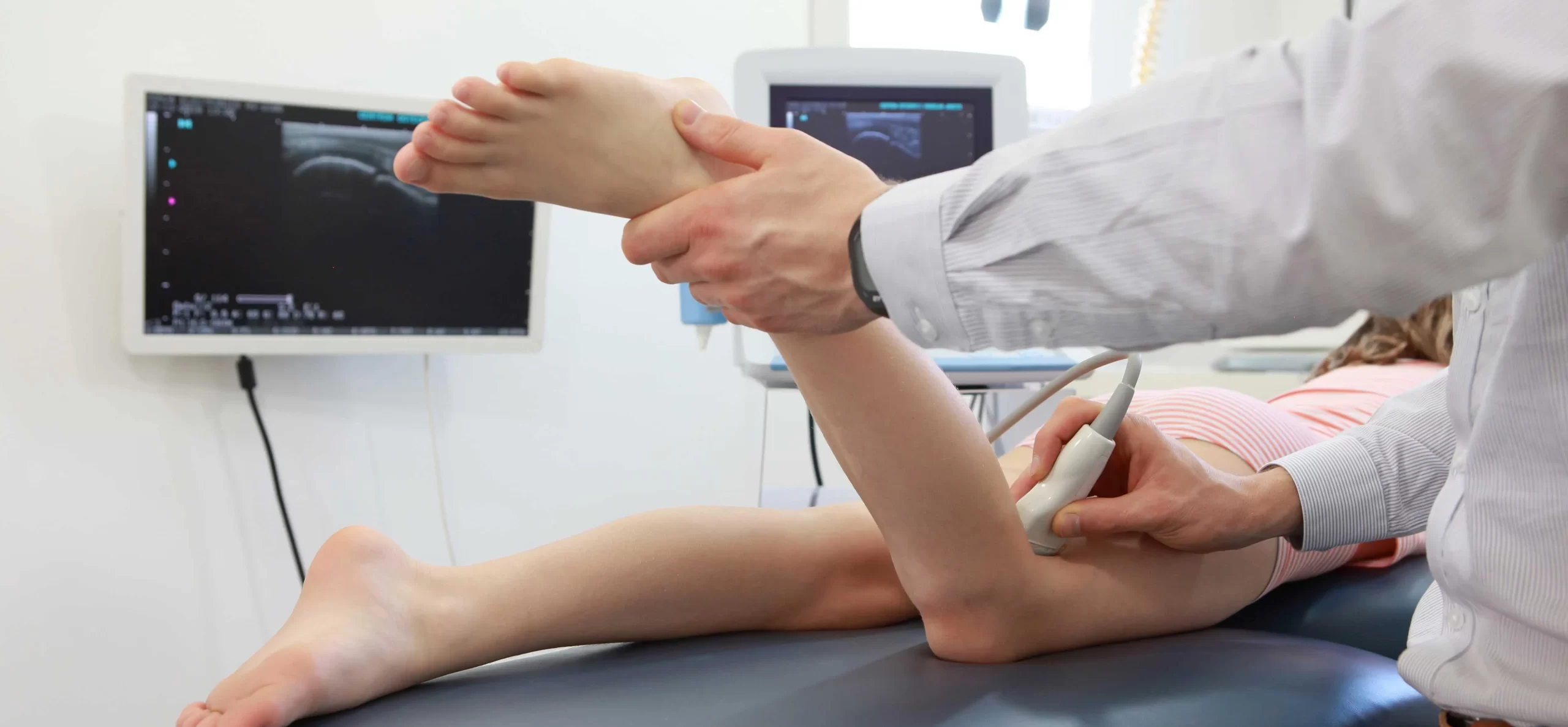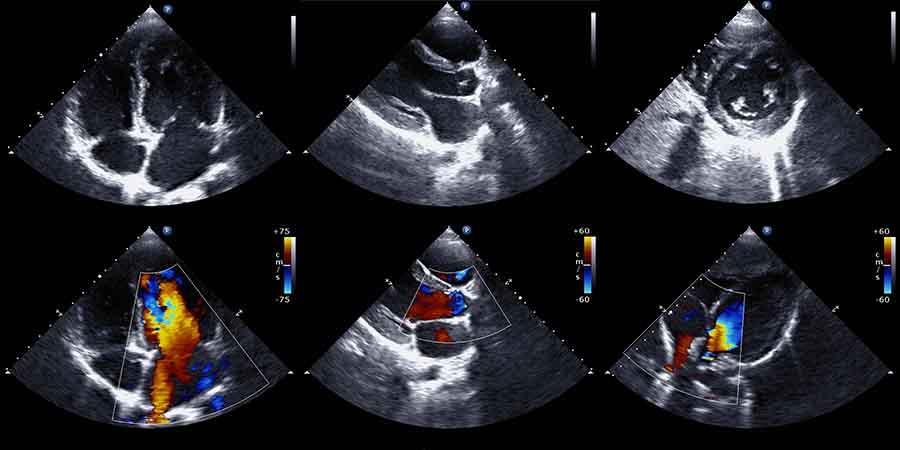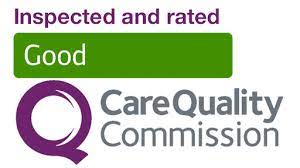What should I expect during the DVT ultrasound scan?
Upon your arrival, our sonographer will explain the ultrasound scan procedure. You will need to expose your legs and a small amount of gel will be placed on your skin. The sonographer will follow the length of your leg veins and from time to time you will feel a small amount of pressure.
About Vascular Ultrasound
Vascular ultrasound is carried out in order to monitor blood flow to organs and tissues throughout the body, locate and identify blockages and abnormalities like blood clots, plaque or emboli.
Vascular ultrasound can also help to identify areas of an abnormal widening of blood vessels (an aneurysm) that, if left untreated, can lead to serious consequences.
A Doppler ultrasound study may be part of a vascular ultrasound examination. Doppler is a special ultrasound technique that evaluates the speed and volume of blood as it flows through a blood vessel, including the body's major arteries and veins in the abdomen, arms, legs, and neck. It can help to diagnose blockages to blood flow (such as clots) narrowing of vessels (possibly caused by plaque) and tumours and congenital malformation.
As the images are captured in real-time, they can help the sonographer monitor the blood flow to organs and tissues throughout the body.
Price: £164.00 (both legs £235)






